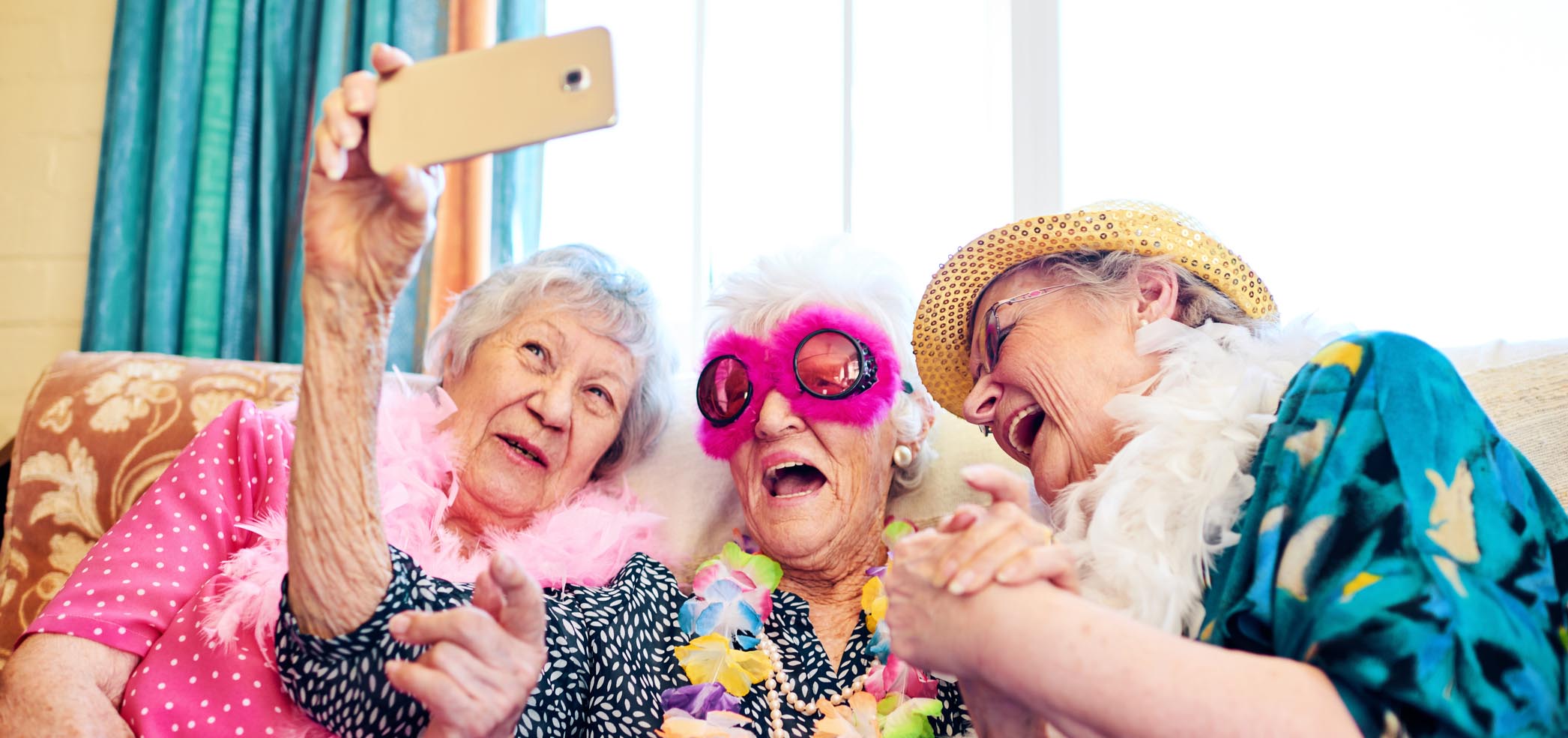Doctors often stereotype older patients and assume a lack of comfort with technology that doesn't reflect reality.
Research out of the UK shows that doctors often stereotype older patients and assume they lack of comfort with technology, a view that’s out of step with real-life experiences for over-55s.
A survey by the Organisation for the Review of Care and Health Apps (ORCHA) found that GPs were far less likely to recommend NHS-approved health apps to help older patients manage symptom monitoring, medication reminders and treatment tracking.
ORCHA reported that doctors recommend health apps to one in 10 patients under 35, one in 25 patients over 55 and one in 50 patients over 65.
UK-based patient safety advocate Helen Hughes told the Telegraph that when doctors didn’t recommend approved health apps because of ageist assumptions about digital literacy in older people, patients could be at risk from incorrect information from the many unreliable health apps available more broadly.
Intrinsic age bias in digital health
“There is an intrinsic bias generally where older people are assumed to not be comfortable with technology,” says digital health advocate Dr Mukesh Haikerwal, adding this doesn’t reflect his own experience as a GP in south-west Melbourne.
“I do video consultations with patients through our Attend Anywhere software,” he says. “Many older patients are very comfortable using iPads for a video consultation.”
Dr Haikerwal says that there’s a big technology lag among Australian clinicians, with many reluctant to adopt change in their practice – for example, preferring written or printed scripts to e-prescriptions.
“In practice, there is still resistance to take up technology across our whole health sector,” he says.
“Most of my colleagues will still send and receive referrals by fax – bizarrely, the fax machine is only alive and well because of Japanese patent lawyers and Australian doctors,” he adds.
Dr Haley LaMonica, who heads e-health at the University of Sydney’s Healthy Brain Ageing Clinic, says there is a tendency among clinicians to underestimate the digital literacy of older adults and to not consider digital tools as part of care.
“My research has shown that older adults are very happy to use technology as part of care – for example to monitor sleep or fitness – but they do not want this to replace or disrupt their relationship with their doctor,” she says.
Dr LaMonica says there’s emerging evidence for the efficacy of various digital health programs that target older people, such as computerised cognitive training like Brain HQ for people with mild cognitive impairment, and CBT-i for insomnia.
Complex interplay of needs and perceptions
Professor Tim Shaw, who is Director of the Research in Implementation Science and eHealth Group (RISe) at the University of Sydney, says that comfort with digital health is more complex than a simple age bias.
“Ageism can creep into how both clinicians and consumers think about digital health, such as underlying assumptions that under-30s are digital natives and over-50s will struggle,” he says, adding that many younger users also find digital health apps challenging to use.
“This writes off a large cohort of tech-savvy Boomers in that 50-to-75-year-old age group, with both the skills and the time to take new technologies on board.”
He says that this age group is also more likely to be in the early stages of chronic diseases such as diabetes, where preventive health strategies including digital health tools can have a big impact on health trajectories.
“The bigger question is: are we building the apps and devices for the age groups and the target audience who actually need it?”
Professor Shaw agrees with Dr Haikerwal’s point about doctors’ reluctance to embrace digital technologies to supplement their care and says that until doctors understand how to use this technology, they won’t prescribe it for patients.
“However, the evidence base for impact in many digital health interventions remains low,” he says.
“There are a few examples where you can show, at scale, that using apps and devices has a really significant impact on health outcomes beyond normal practice ,” he says.
“Once we have that evidence base, we need less reluctance from doctors to use them, and we need to make sure that we develop cohort-appropriate technologies that work for age and socio-economic, and cultural and linguistically diverse populations.”


